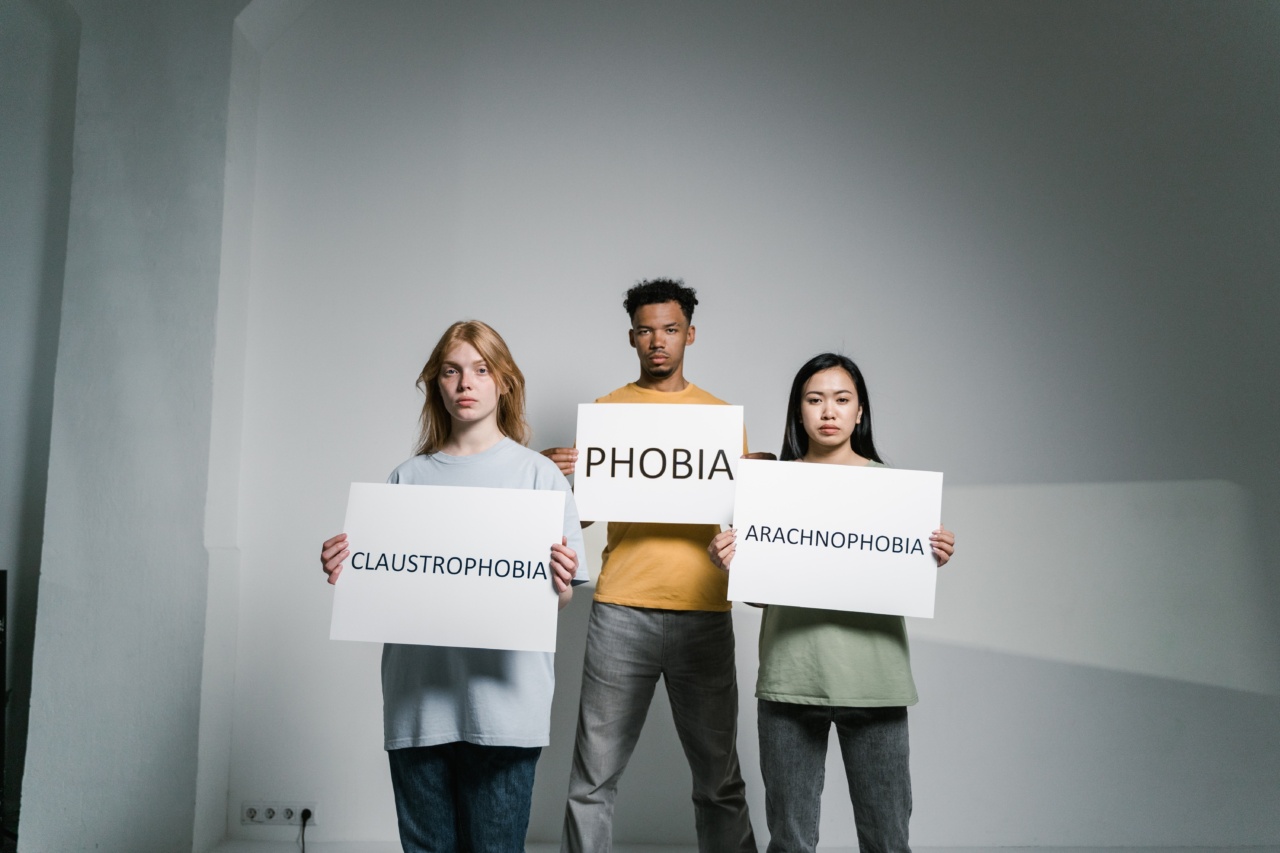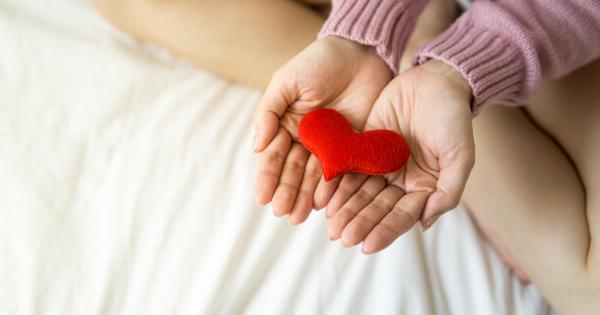Stress is a natural response of our body to any kind of demand or threat. It is a way of coping with a situation that we find challenging or overwhelming. But when stress becomes chronic, it can have a negative impact on our health and well-being.
The problem is that most of us fail to recognize the early signs of stress, and we keep pushing ourselves until we reach a breaking point. Here are ten subtle signs that you may be stressed, and you need to take action before it’s too late.
1. Insomnia
Do you have trouble falling asleep, or do you wake up in the middle of the night and find it hard to go back to sleep? Insomnia is one of the most common signs of stress.
When you are stressed, your body produces more cortisol – the stress hormone – which keeps you alert and awake. And the less you sleep, the more stressed you become. It’s a vicious cycle that can take a toll on your health, both physically and mentally.
2. Fatigue
Do you feel tired all the time, even after a full night’s sleep? Fatigue is another sign that your body is under stress. When you are stressed, your body uses up more energy than usual, and it can leave you feeling exhausted.
You may also experience muscle weakness, headaches, and a general sense of malaise.
3. Irritability
Do you find yourself snapping at your friends and family for no apparent reason? Irritability is a common sign of stress. When you are stressed, you can become more sensitive to small annoyances, and you may have a shorter fuse than usual.
You may also feel more anxious and on edge, which can make you irritable.
4. Poor Digestion
Do you suffer from frequent stomach aches, bloating, or indigestion? Stress can cause a range of gastrointestinal problems, including acid reflux, irritable bowel syndrome, and ulcers.
When you are stressed, your body releases chemicals that can interfere with digestion and cause inflammation in the gut.
5. Skin Problems
Do you have dry skin, acne, or rashes that don’t seem to go away? Stress can have a negative impact on your skin. When you are stressed, your body releases cortisol, which can lead to inflammation, and it can also cause you to sweat more.
Stress can also make you more susceptible to skin infections and allergies.
6. Constant Worrying
Do you find yourself constantly worrying about the future or dwelling on past events? Chronic worry is a common symptom of stress. When you are stressed, your brain can get stuck in a cycle of negative thinking, and it can be hard to break free.
This can lead to feelings of anxiety and depression.
7. Increased Heart Rate
Do you notice your heart beating faster than usual, even when you are not exercising? Stress can cause your heart rate to increase, which can lead to palpitations and a feeling of discomfort in the chest.
If left untreated, chronic stress can increase your risk of heart disease and stroke.
8. Loss of Appetite or Overeating
Do you find yourself eating more than usual, or do you have no appetite at all? Stress can affect your eating habits in different ways. Some people may turn to food for comfort when they are stressed, and they may overeat or choose unhealthy foods.
Others may lose their appetite and eat very little, which can lead to malnutrition and weight loss.
9. Poor Concentration
Do you find it hard to concentrate on tasks, or do you forget things easily? Stress can affect your cognitive abilities, including your memory, attention span, and problem-solving skills.
When you are stressed, your brain is in a state of hyperarousal, which can make it harder to focus on tasks and retain information.
10. Increased Use of Substances
Do you find yourself drinking more alcohol, smoking more cigarettes, or using drugs to cope with stress? Substance abuse is a common coping mechanism for people who are under stress.
However, it can have serious consequences for your physical and mental health, and it can also lead to addiction.
Conclusion
If you recognize any of these ten subtle signs in yourself, it’s time to take action to manage your stress. There are many effective ways to reduce stress, including exercise, meditation, yoga, therapy, and medication.
Don’t wait until your stress reaches a breaking point. Take care of yourself now, and you’ll be better equipped to handle life’s challenges.






























